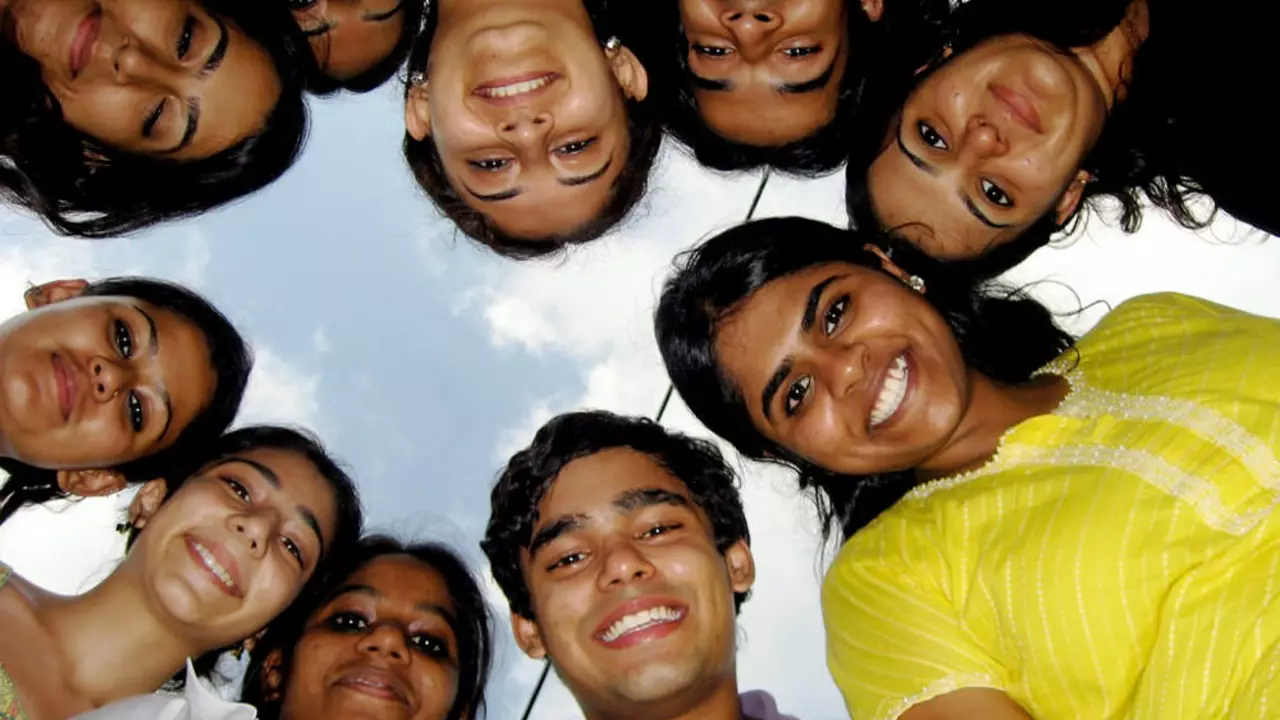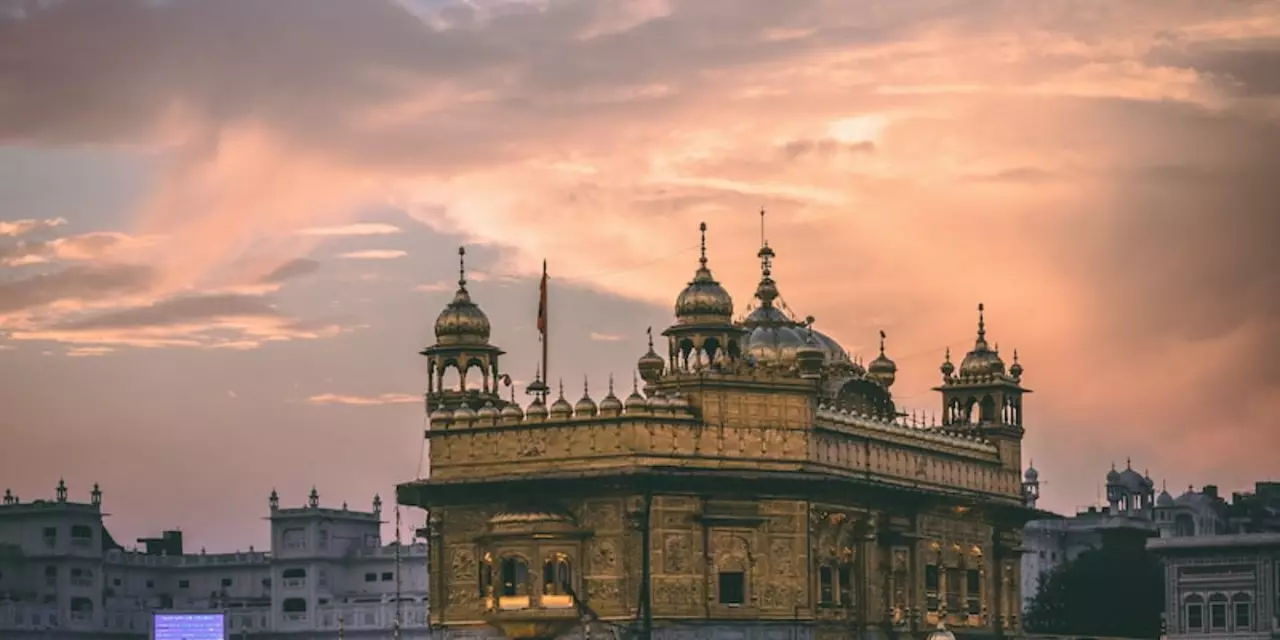All About India: Food, Culture, Travel and Everyday Tips
Looking for quick reads about India? You’re in the right spot. This page gathers the newest articles that talk about Indian food, the joy of living here, practical how‑tos and even a few cultural debates. Each piece is short, useful and written in plain English, so you can grab the main ideas without any hassle.
Food & Health – What Makes Indian Meals So Good?
One of the most popular topics is Indian cuisine. Articles like “What are Indian healthy foods?” break down why lentils, spinach, yogurt and whole‑grain millets are more than just tasty—they’re packed with protein, fiber and vitamins. The piece even compares them to typical Western snacks, showing how a simple bowl of dal can feel like a superhero meal.
Another post, “What is so good about Indian food?”, dives into the spice factor. It explains how turmeric, cumin and coriander not only add flavor but also bring antioxidant benefits. The writer also points out that the massive variety of vegetarian dishes means anyone can find a balanced plate without meat.
If you’re curious about the cultural side of meals, the article “Why do some Indians hate Indian Americans (a.k.a ABCDs)?” touches on food as a cultural identity marker. It shows how diaspora communities sometimes clash over what counts as “real” Indian cooking, reminding us that food is tied to pride and tradition.
Culture & Everyday Life – Living, Loving and Dealing With India
Living in India is a riot of colors and sounds, as described in “What makes you happy about living in India?”. The writer compares daily life to a Bollywood movie—full of drama, street food delights and spontaneous dance moments. It’s a fun snapshot that makes you feel the energy of Indian streets.
Practical advice is also covered. For newcomers or expats, the guide “How do I apply for India PCC from Singapore?” walks you through the step‑by‑step process of getting a Police Clearance Certificate, from filling out forms on the High Commission site to mailing the documents.
Dealing with negativity is another real‑world issue. The piece “How to deal with people who hate India and Indians openly?” suggests staying calm, asking questions and offering facts instead of reacting with anger. It’s a straightforward playbook for anyone who’s faced rude comments online or in person.
Even relationships get a mention. The article “Do Indian men prefer marrying foreigners too?” looks at why some men might choose a cross‑cultural marriage and why others stick to tradition. It balances personal preference with family expectations, giving a realistic picture of modern Indian dating.
All these posts share a common goal: give you bite‑size, useful information about India without any fluff. Whether you’re planning a trip, cooking at home, or just curious about Indian life, the articles here are designed to help you learn fast and apply the tips right away.
So scroll through, pick the topics that interest you, and enjoy a quick dive into India’s rich and varied world.

